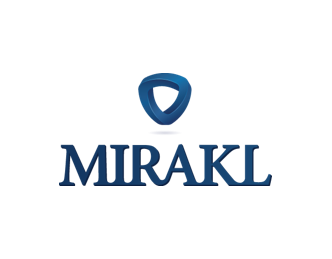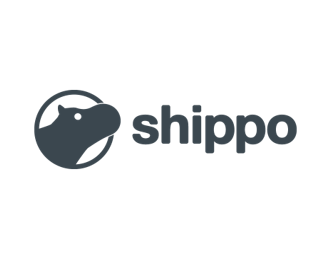123Fab #26
1 topic, 2 key figures, 3 startups to draw inspiration from

In recent years, the e-commerce market has grown exponentially. B2C marketplaces are continuously flourishing – Airbnb, DoorDash, eBay, Farftech, Uber, Zalando – paving the way for the rise of B2B ones. While Amazon Business and Alibaba, horizontal players, have been responsible for most of the traction in the online B2B market, new players – especially startups – are opening up huge opportunities for companies of all sizes in the vertical marketplace space. And you, do you have any B2B marketplace plans?
Unlike an online store, a marketplace is a platform where vendors can come together to sell their products or services to a curated customer base. After transforming consumer retail, hospitality and travel markets, marketplaces are now reshaping more complex industrial markets and supply chains – agriculture, construction, logistics, automotive, machinery & equipment, healthcare, etc. There are 2 main categories of marketplaces:
- Horizontal marketplaces: aim at multiple sectors to serve a wide range of products to a broad audience
- Vertical marketplaces: aim at a single sector to serve a niche of products to a target audience
In this newsletter, we will focus on vertical B2B marketplaces exclusively.
There are numerous startups that are making inroads into the B2B marketplace sector. French startup ManoMano, for example, is the largest European marketplace for gardening and home improvement. It distributes, via ManoManoPro, the products of more than 1,000+ manufacturers, including Schneider Electric, Bosch, Siemens, Karcher, etc. Pharmedistore is another example that sells medical supplies for chemists. It is precisely these niche third-party players that have given the impetus for reshaping industrial supply chains and have provided legacy industries the opportunity to tap into the potential of online B2B channels.
Another trend we see appearing is industrial giants establishing their own B2B marketplaces including Airbus and Thales in the aerospace; Alstom with StationOne in trains; Toyota Material Handling for forklifts; HP Enterprise for IT supplies; Farmers Business Network for Agriculture; FastMetals for iron and steel; CheMondis for chemical products, etc. But what are the forces that drive manufacturers to develop their own marketplaces which sell their competitors’ products?
- Horizontal and pure-players entering these industries – manufacturers are seeking first-mover advantages to become the first one-stop-shops before horizontal players (Amazon, eBay and Alibaba) or pure-players (startups) do
- The data collected on the transactions in the ecosystem – by analyzing data (e.g. top ten most-wanted materials or the industrial services with the highest increase in demand, etc.), trends become visible and manufacturers can anticipate and reinvent themselves
- To position themselves as a trusted interlocutor in a highly fragmented world – with this unifying role, manufacturers can become the interlocutor of a large number of small players that do not necessarily have the means to develop online
- To be more competitive – by putting their catalogs online and digitizing offline workflows (quotes, contract, telephone/email/fax, etc.), manufacturers maximize their chances of winning bigger contracts while acquiring new skills in digital marketing and trying out new business models they are not necessarily familiar with
That said, manufacturers often suffer from many supply-and-demand problems. That’s why B2B marketplaces are much more technical than B2C markets: relationships are personal (customer-specific and bulk pricing), buying cycles are long, procurement processes are complex, payment terms need to be flexible, shipping options need to be numerous, etc. Startups are developing APIs that integrate with B2B marketplaces to address these issues: Orderful modernizes the trading of electronic data interchange (EDI) data, BlueVine gives B2B companies an advance on their current invoices and Shippo offers multi-carrier shipping options.
Even if legacy industries still have a long way to go, we anticipate marketplace ecosystems to grow in prominence in the manufacturing and industrial sectors in the coming years. Over time, they will incorporate additional services such as supplier/buyer financing, insurance, integrated logistics and service warranty support.
2 Key Figures
742 B2B marketplace startups
in the world registered by Crunchbase
Market size expected to reach $3.6tn by 2024
According to financial services advisory firm iBe, worldwide B2B marketplace GMV could reach an estimated $3.6 trillion by 2024, up from an estimated $680 billion in 2018
3 startups to draw inspiration from
This week, we identified three startups that we can draw inspiration from: Mirakl, Reibus and Shippo.

Mirakl
Mirakl is a French marketplace publisher that helps businesses build out a marketplace with third-party sellers. In September, the startup became France’s 10th unicorn with is $300 million funding round.

Reibus
Reibus provides an online marketplace intended to buy and sell prime and excess materials used in industrial markets.

Shippo
Shippo has developed a multi-carrier shipping API to assist businesses succeed through shipping.
